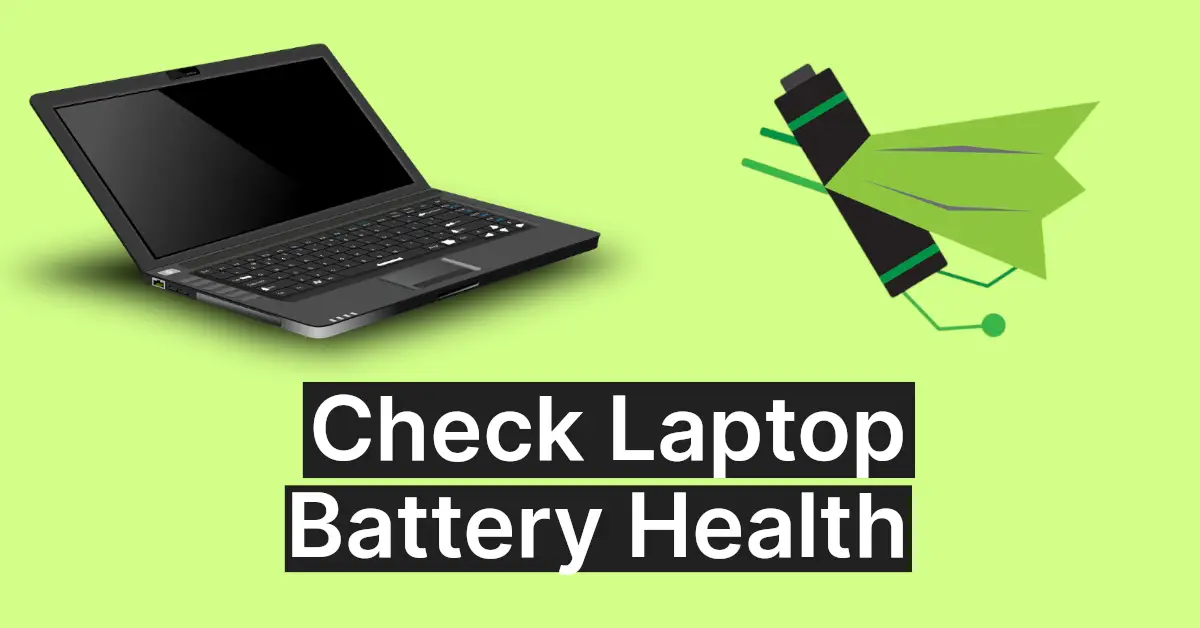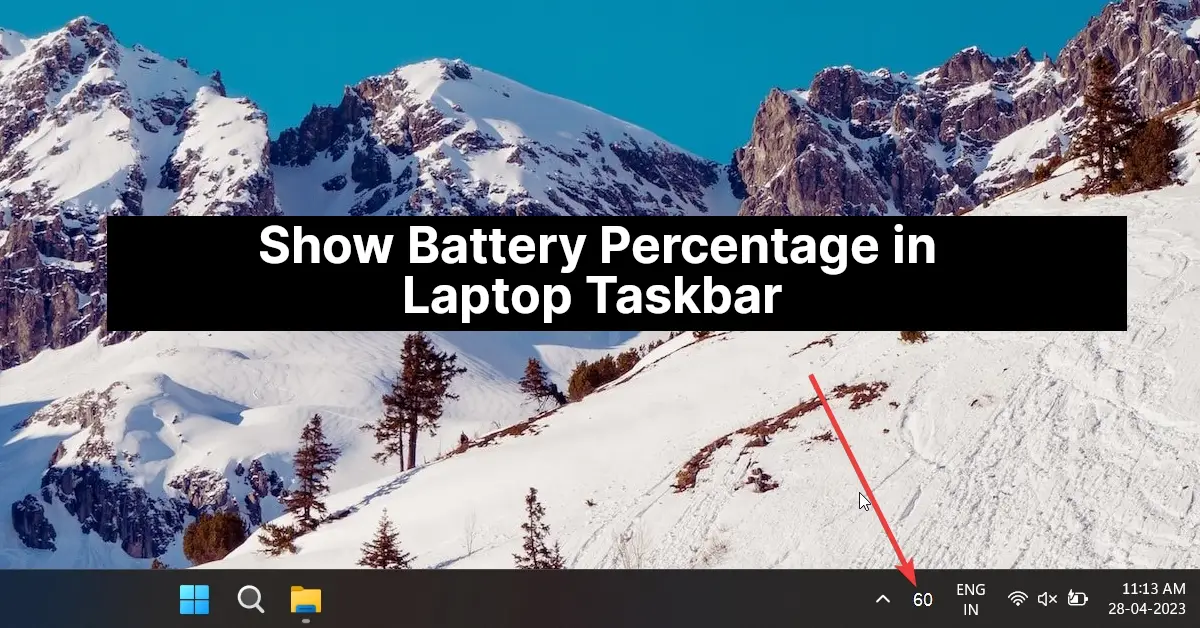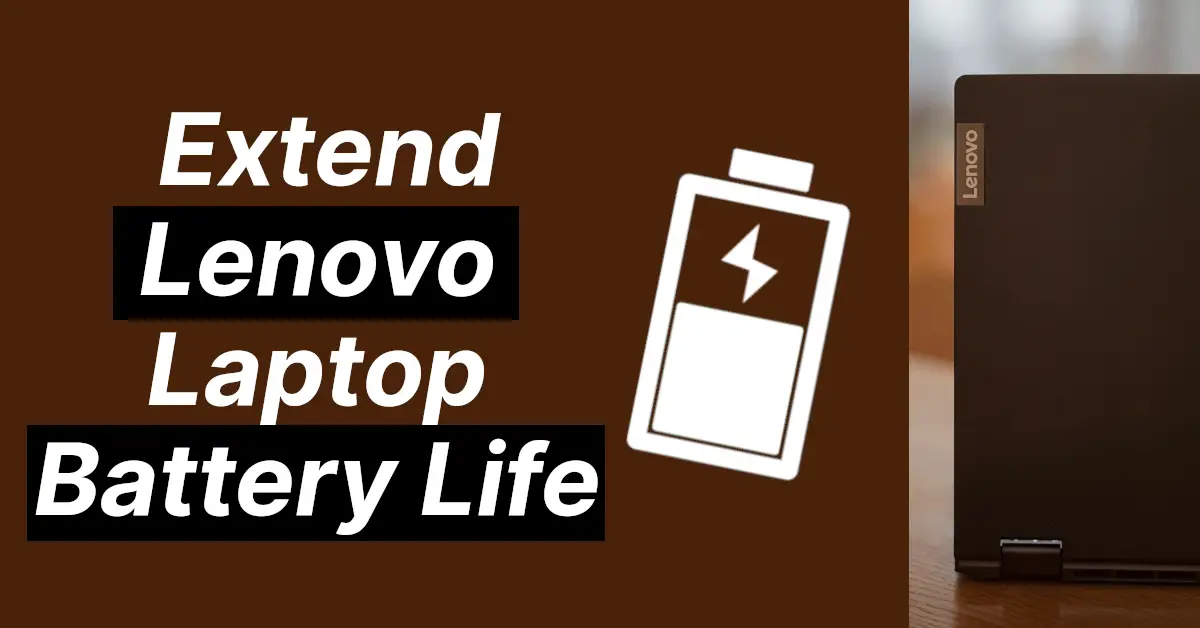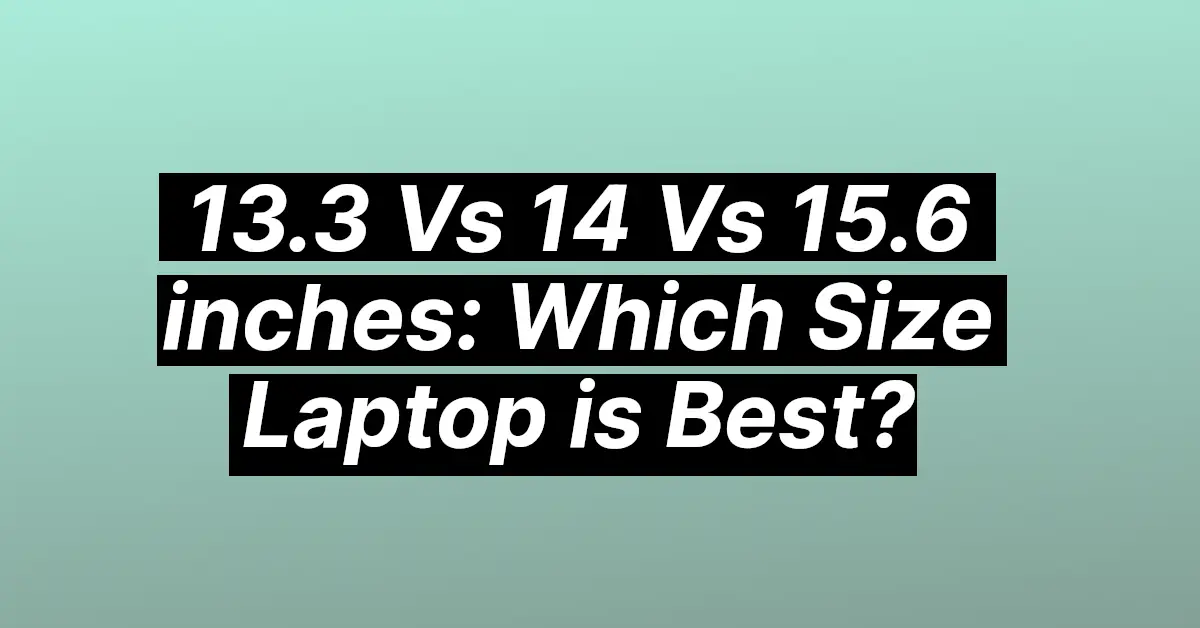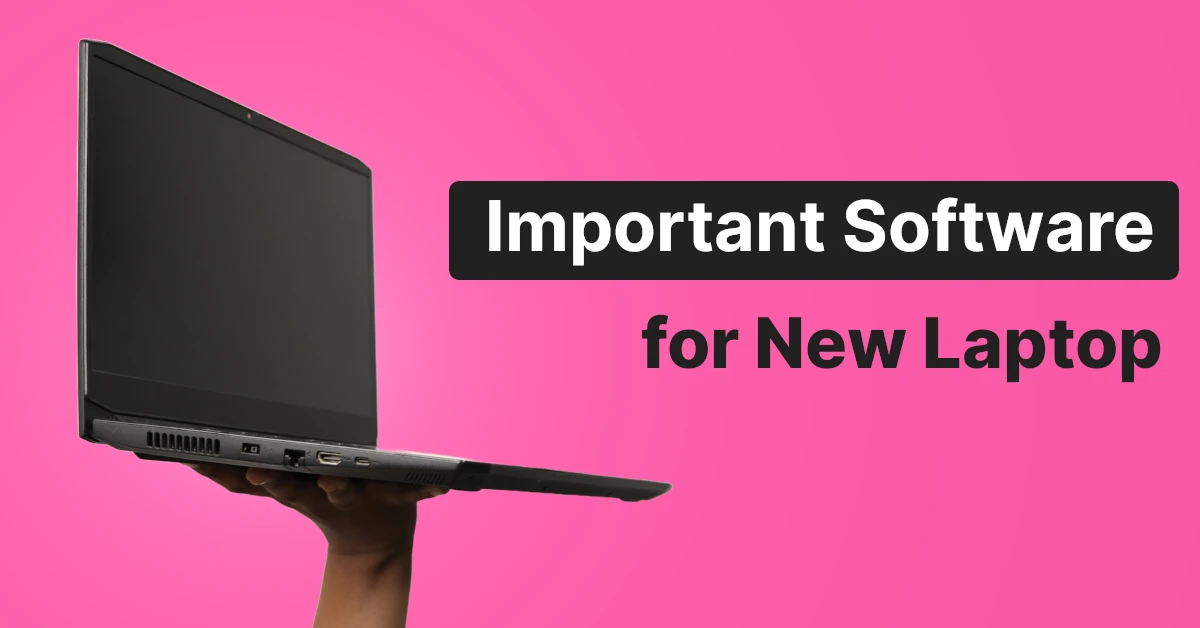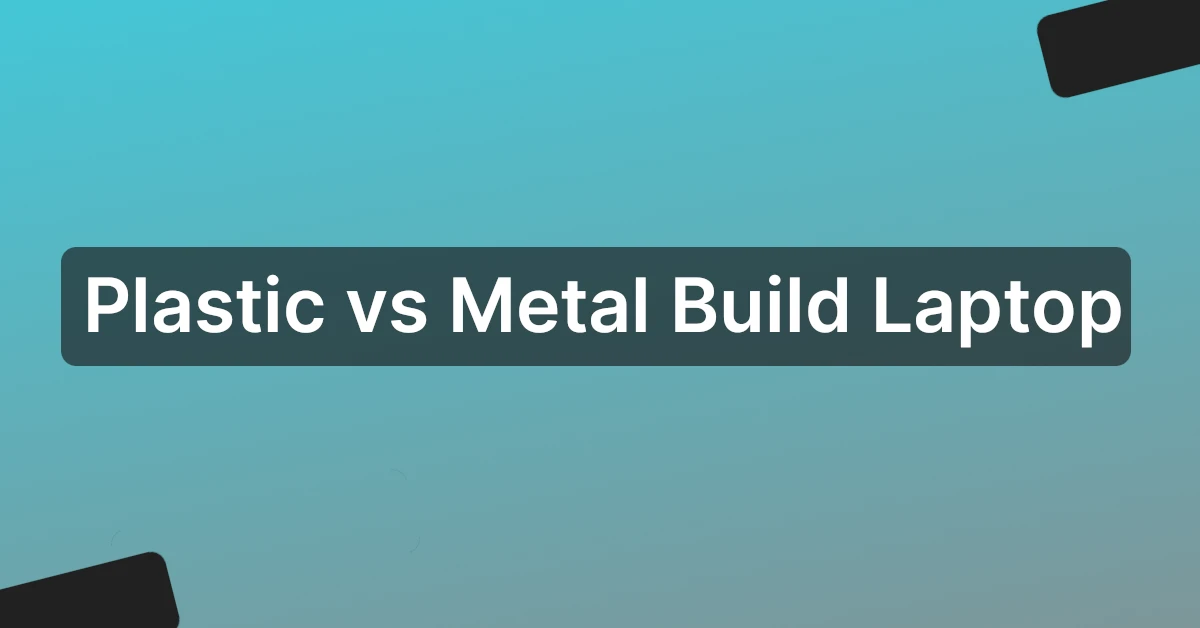Affiliate links on Tech Countless may earn us a commission. Learn more
Thin & Light vs Gaming Laptop: Which is Better?
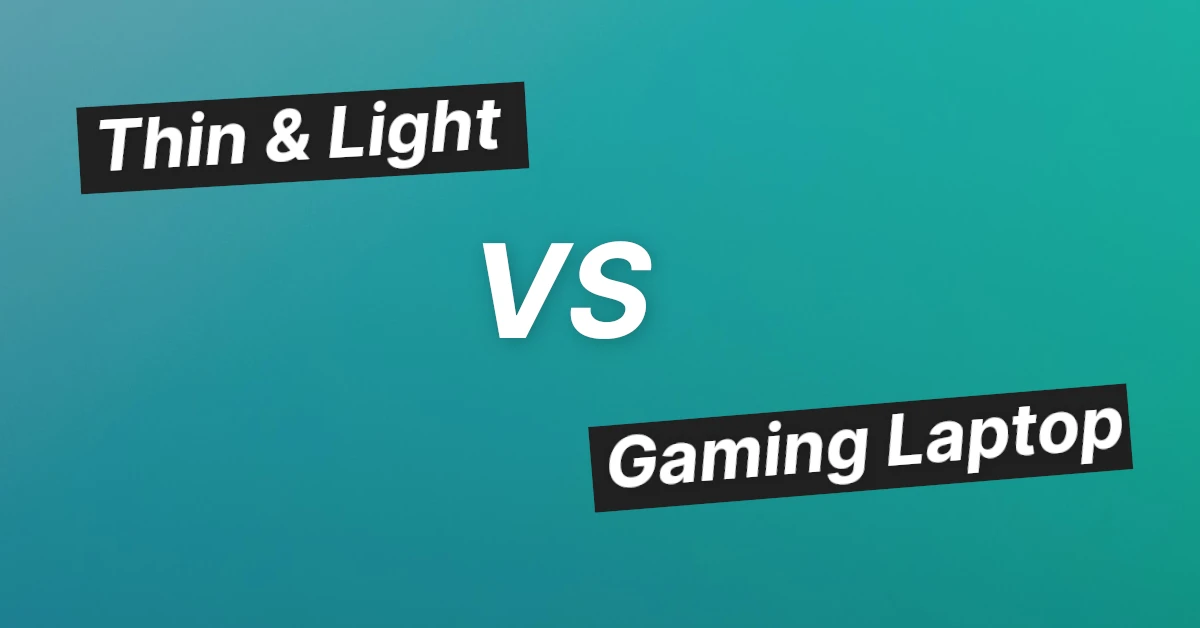
Whether you should buy a gaming laptop or a thin & light laptop depends on the type of work you will be using it for. Both of them have their own advantages and disadvantages. So, ultimately it’s your needs that will determine which type of laptop is better for you.
There are many key differences between gaming laptops and thin and light laptops. In this Article, We will go through them in depth so that you can make a smart choice before buying your next laptop.
Performance
Performance is likely the most significant difference between the two types of laptops, and it is important to understand this before you buy.
Gaming laptops are high-performance laptops with processors of multiple-cores and fast processing speeds. This makes them ideal for high-end gaming and other heavy tasks like video editing and software development. However, because they need more power, they also produce more heat and drain the battery a lot faster.
Thin and light laptops, on the other hand, are designed to handle less power-consuming tasks such as internet browsing, word processing, etc. So, they don’t often come with powerful processors. As a result, these tend to heat up less and consume less battery.
One important thing to note here is the type of the processor used. By looking at the type of processor, you can understand whether the laptop is built for heavy tasks or light usage. At first, they may look similar, until you look at the suffix carefully.
H generally means processors that provide high performance but are less battery efficient, and U generally means processors that are more battery efficient but less powerful. This statement is true to some extent for both Intel and AMD. mostly H processors used in gaming laptops and U processors used in thin and light but exceptions are always there.
Portability
Another metric that can make or break a deal for many people is portability. Here are the key differences between the two laptops.
Gaming laptops are often heavier due to their high duty components, which makes carrying them more difficult. Most gaming laptops have a 15-inch or larger screen, which also makes them heavier.
Thin & light laptops are slim and not-heavy, making them easily portable. This is due to the fact that they have fewer components, like no fans or dedicated graphics cards. They also have a lighter battery because they use less power.
Looks And Aesthetics
Looks are quite subjective. Some individuals prefer the design of thin and light laptops while others prefer gaming laptops. Here’s where they differ.
Gaming laptops include sturdy frames and robotic designs that enhance the appearance of the laptop. Because these laptops have several high-performance components, they are heavier. RGB lights are frequently used to decorate gaming laptops. It features additional ports for attaching various game related peripherals.
Thin and light laptops look more sleek and stylish. The chassis of these laptops have a smooth finish, making them blend well for use in an office environment. The designs are more compact, and screen size is often smaller, making them better in terms of portability.
Key Differences
| Key Point | Gaming Laptop | Thin & Light Laptops |
|---|---|---|
| Battery Life | Typically less battery life | More battery life |
| Graphics Card | Dedicated graphics | Integrated graphics |
| Refresh Rate | 60 Hz or more refresh rate | Generally, 60Hz refresh rate, but exceptions are there |
| Cooling System | Advanced cooling system with multiple fans and exhaust vents | Usually just a single fan |
| Price | More expensive | Less expensive |
Note: Gaming laptops cost more due to higher specifications, but sometimes thin and light laptops also cost more if the brand adds extra features like better color accurate and high-resolution display.
Conclusion
The biggest difference between gaming laptops and regular laptops is in their hardware. Thin & light laptops are designed with power efficiency rather than performance in mind. They are less expensive, lighter, and have longer battery lives than gaming laptops.
Gaming laptops outperform thin & light laptops in terms of performance. However, they fall short in terms of mobility and battery life. If performance is your primary priority, then a gaming laptop is better for you. If portability and battery life are important to you, a thin laptop will be a better option.

